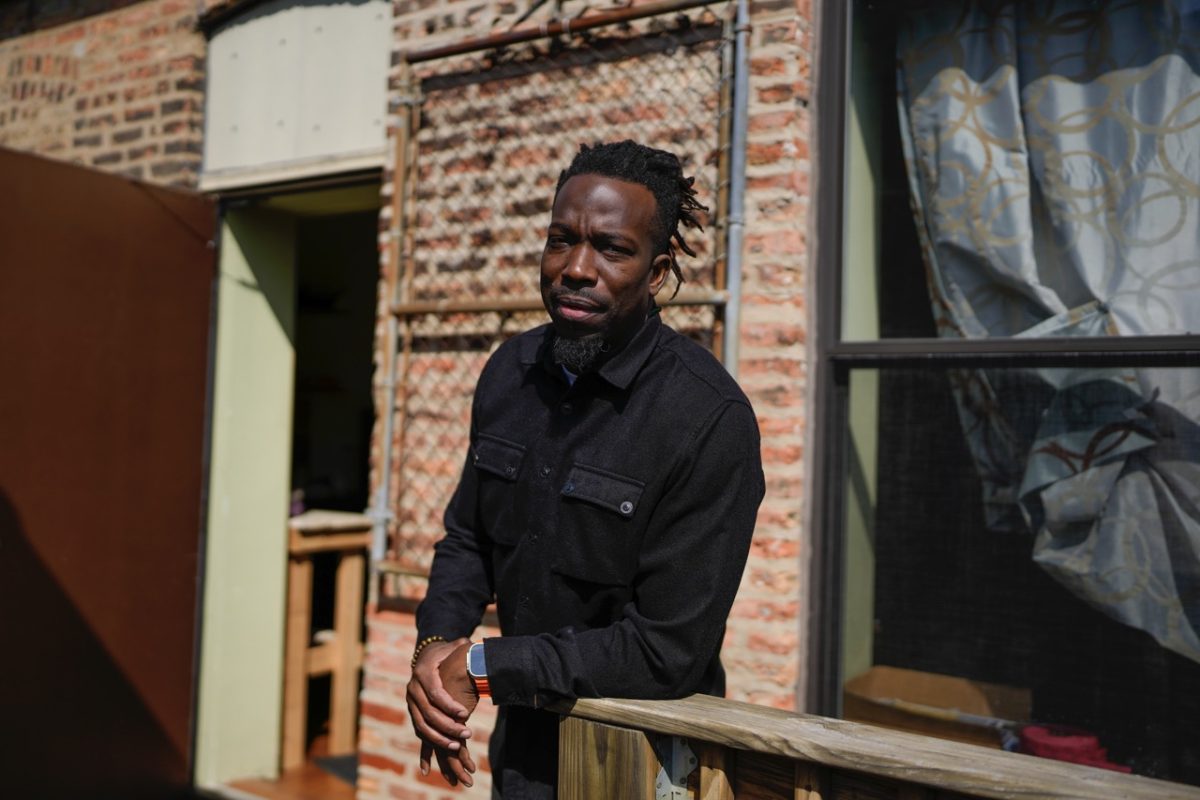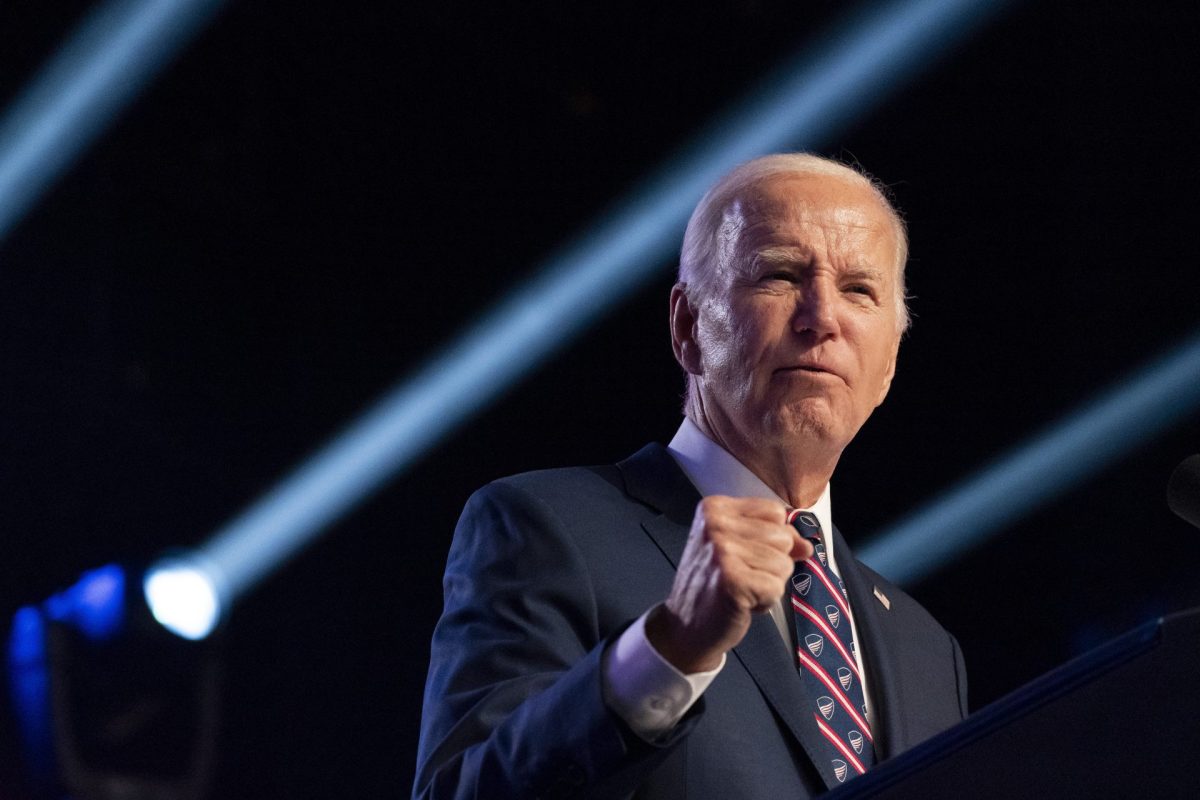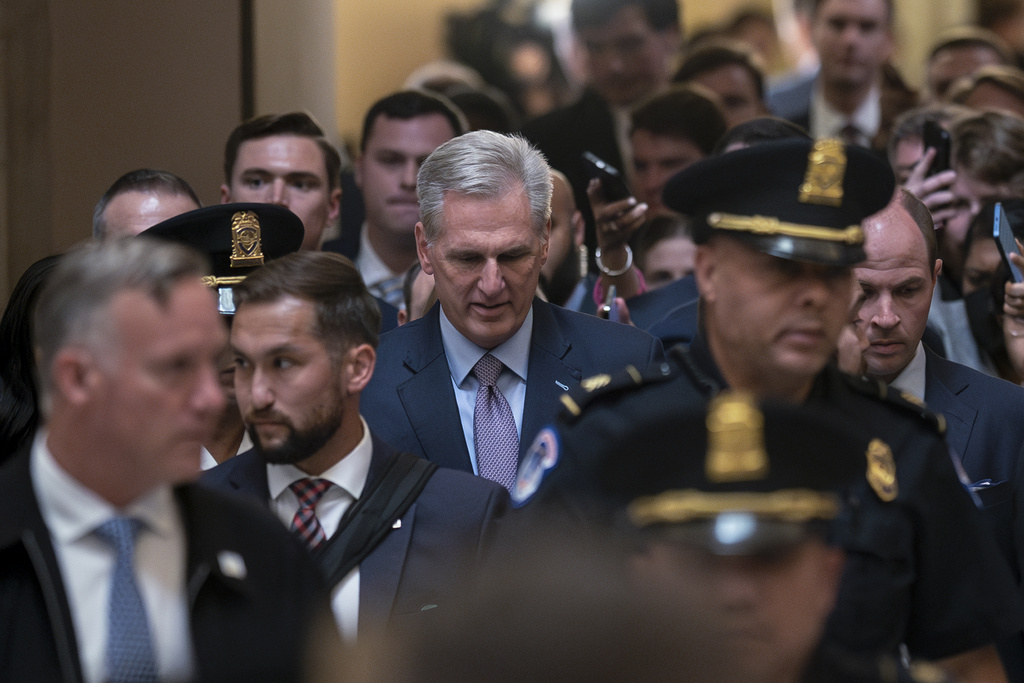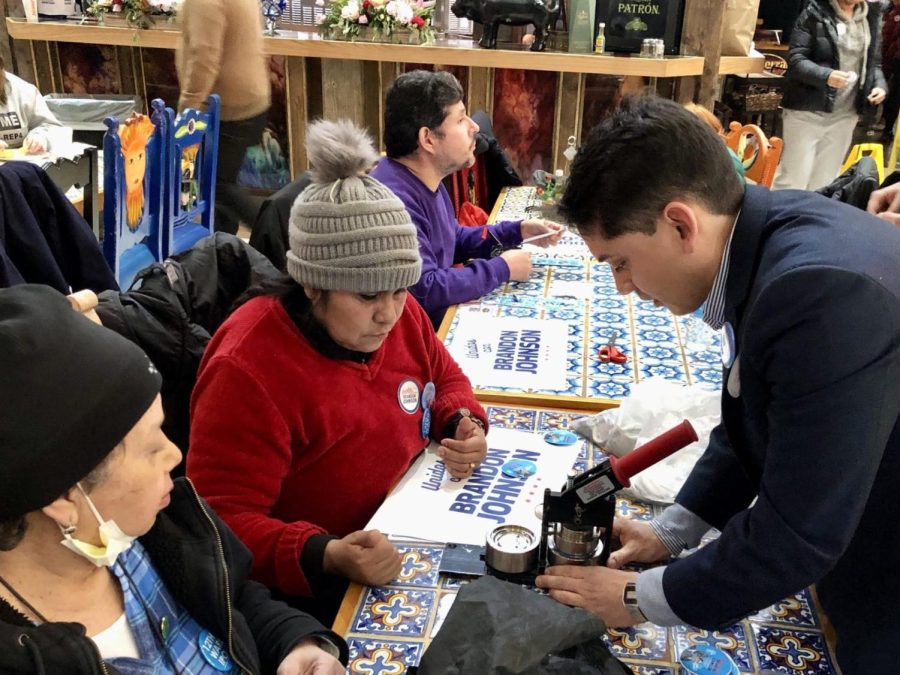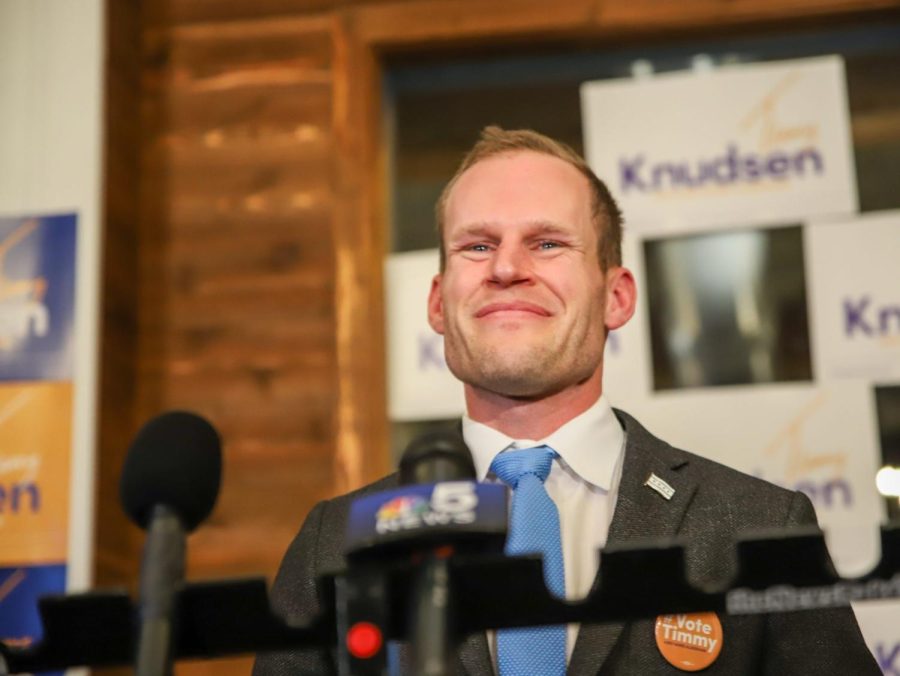
The steady chatter from the “L” tracks added whispered layers to the crowd of 250,000 that occupied the streets below its breath Saturday. Each time the train whistled into the 60 degree January sky, a ripple of cheers devoured the city’s confines, as signs of protest and hope seemingly hovered over the windy city’s grasp.
From Jackson and Columbus, to Michigan Avenue, to Grant Park and the Trump Towers, hundreds of thousands marched downtown on Saturday advocating for women’s rights, following the inauguration of Donald Trump on Friday.
In solidarity with the Women’s March on Washington, nearly three million people marched throughout cities across the world Jan. 21 in the biggest protest in U.S. history.
Lauren Berke, a 2005 DePaul graduate, marched with her friends and members of Ladies Night, a feminist organization in Chicago, to advocate for women’s equality.
“This has gotten people fired up. We got too comfortable, we thought everyone was on the same wave length,” Berke said. “Now we realize that we need to take a step back and organize and make sure our voices are heard. This is a wakeup call in a positive way, and I hope this continues and we can see some change.”
The Women’s March on Chicago was to include a rally at 10 a.m. at Grant Park and a march to Federal Plaza at 11:30 a.m., but when Grant Park quickly reached capacity by 11 a.m., organizers cancelled the march for safety concerns. Instead, they encouraged people to rally in and around Grant Park where they had guest speakers and discussions on violence, democracy and equal rights.
But their recommendations and Grant Park’s capacity limits went unnoticed by many. Hundreds of thousands spilled into the city’s corridors anyway, and many did not even notice that the march was supposed to be cancelled.
“Just because we don’t like the circumstances that have come about, doesn’t mean we should completely condemn the fact that he is now our president,” said Gabriel Felbo, a student at Malcolm X College who protested Saturday to express her support for women’s health care rights. “Let’s pray for him to work and become a better president, to listen to the people and not do things that will be damaging to all communities.”
For Sam Peiffer, a sophomore studying sociology at DePaul, protesting means marching with a new coalition on campus. Students Together Against Trump (STAT) unites members from DePaul Socialists, African Student Association, Impact DePaul and other student organizations to resist the new administration.
“It’s clear to myself and to other folks out here that the resistance is going to have to come from the bottom up,” Peiffer said. “That’s part of what we are building today with STAT. This is a historic weekend of protest, but it’s important that we continue to meet and to have political discussions in our work, classrooms and on the streets because that’s where this political change is going to happen.”
The marches across the world come after Trump promised to defund Planned Parenthood, appoint pro-life judges and was seen on a leaked video from 2005 bragging about touching and kissing women because of his fame.
Still, some believe that the Trump administration is what the nation needs most right now, and came out to express this sentiment.
Dan Weiberg, a veteran and Chicago native, couldn’t hide his support for Trump – even if he wanted to. Sporting Trump gear, he rallied with a few other supporters in front of the DePaul Center Saturday during the march.
“The election’s been over for a couple months now, isn’t it time for the protesting to stop?” Weiberg said. “The peaceful transfer of power means that when someone is elected, you accept them as your president until the next four years.”
Christopher Frank, a sophomore at Loyola University, joined Weiberg, holding up a Trump sign against the array of pink that decorated the Loop’s campus. Despite losing his girlfriend and best friend because of his support for Trump, Frank believes he will make a great president and is the best candidate for our country.
Both supporters believe that Trump’s infamous comments about women were simply “locker room talk that both men, and women, engage in.”
But the protesters sang a different tune. Persistent chants of “not my president” and signs that read “women’s rights are human rights” drowned out the streets and left remnants of their presence behind.
James Edward, a second year graduate student studying business at DePaul, watched the scene from the DePaul Center Saturday, in support of his wife and daughter who woke up early to protest.
“My wife and I thought it would be a great way to come out and teach our daughter how to stand up for what you believe in and not just accept the status quo,” Edward said. “A lot of people talk about making this country great again, but it was never great.”
The event wasn’t just a platform for women’s rights. Voices for climate change, equality, Black Lives Matter and LGBQT rights poured throughout the city as women and men continued to gather and chant long after the march and rally simmered down.
“When people come together in numbers, it shows great power,” Felbo said. “I don’t think people were taking this seriously until now. It’s unfortunate that you don’t really know the rights you have until they’re gone.”




